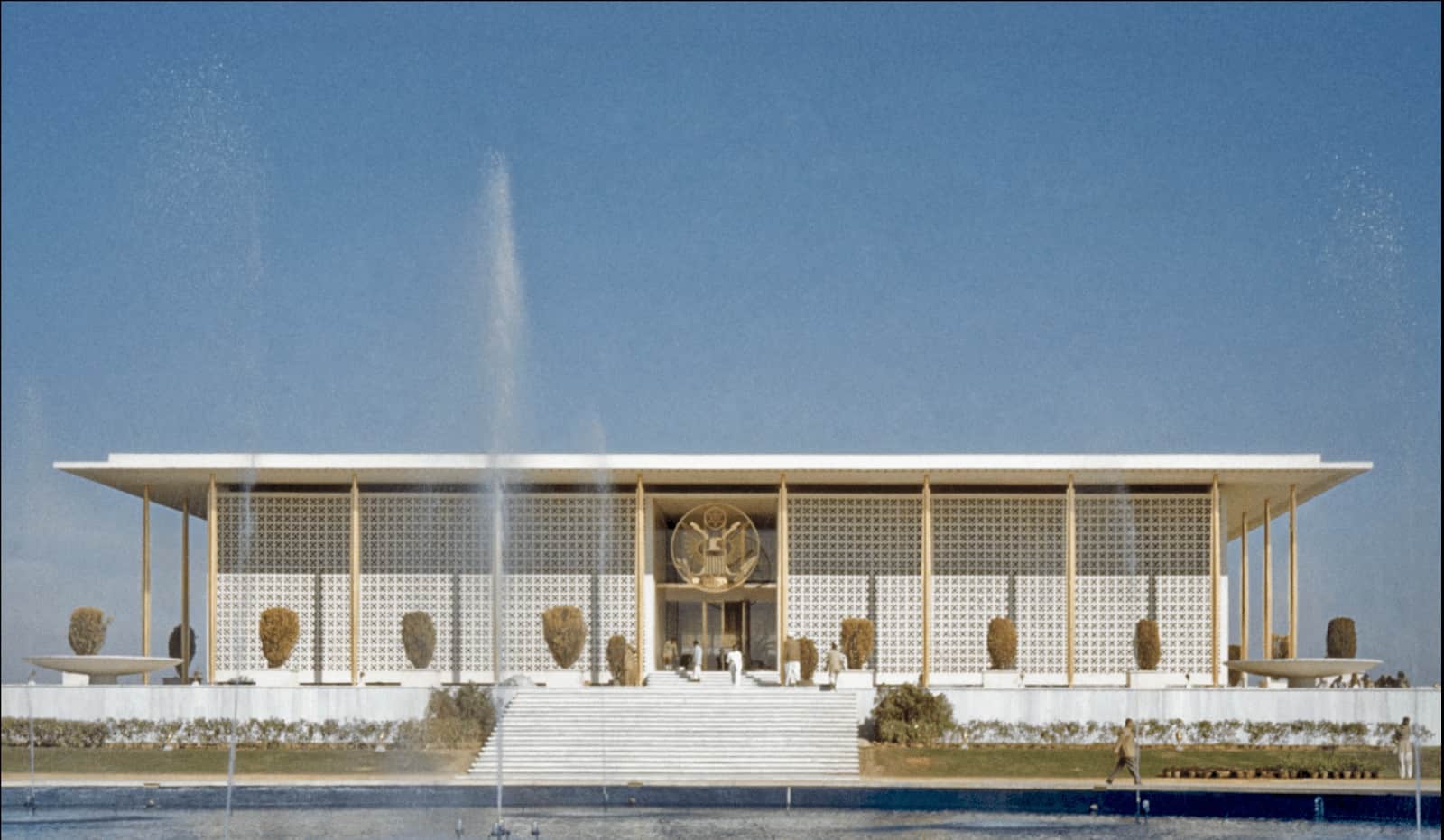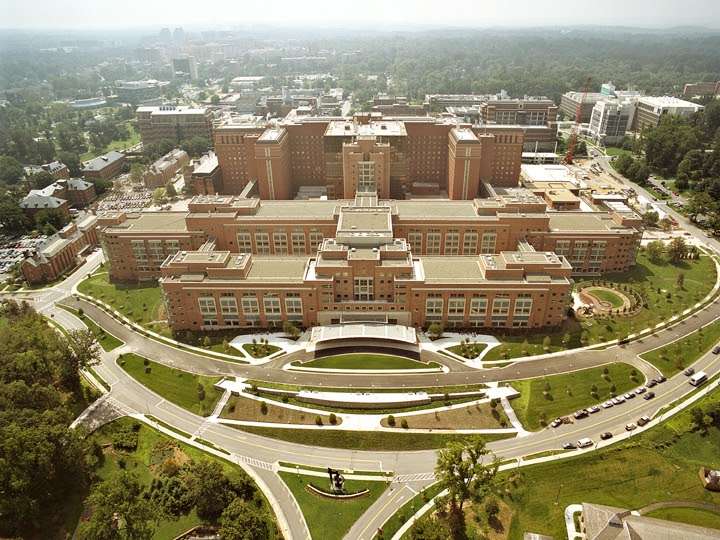Having a global education is a unique privilege; however, it may become difficult to balance. Foreign Service Officers often take their families abroad when called to duty. Their spouses either work in the host country or stay behind and take care of their children. The children typically attend American or international schools in the host country, learn what it means to be part of its culture, and grow up as “third culture” kids.

Margaret Kerr is the spouse of a Foreign Service Officer. As a mother of four, traveling the world served as the greatest form of education, not just for herself, but for her children. She accompanied her husband to four different posts: New Delhi, India; Tokyo, Japan; Tehran, Iran; and Rangoon, Burma (Myanmar). In an interview with ADST, she said that “children were the best entrée to these other cultures you could have, which is why I urged people with children to go into the Foreign Service.” Every country served a purpose, each had a unique education system providing a different outlook on the world.
For her—as it is for many spouses in the Foreign Service—children were a priority. Although life as a Foreign Service spouse offers opportunities to stay abroad, they are not all easy to take. Sometimes “trailing” spouses have to make difficult decisions regarding the future of their children or family, which sometimes conflicts with the career positions the primary FSO has to take. Margaret had to make one of those decisions for herself when her husband was sent abroad again—this time to South Korea—while she remained behind with the children.
In this “moment” in U.S. diplomatic history, Margaret Kerr tells her story about the times she spent at embassies, as well as the diverse cultures she experienced. To read more about the experience of a Foreign Service spouse, read Margaret Kerr’s interview with ADST.
Margaret Kerr’s interview was conducted by Jewell Fenzi on April 1, 1991
Read Margaret Kerr’s full oral history HERE.
Drafted by Derek Gutierrez
ADST relies on the generous support of our members and readers like you. Please support our efforts to continue capturing, preserving, and sharing the experiences of America’s diplomats.
Excerpts:
“I urged people with children to go into the Foreign Service.”
Finding education abroad:
KERR: But you still felt this animosity toward Americans. But, as I say, the children were the best entrée to these other cultures you could have, which is why I urged people with children to go into the Foreign Service.
Q: You took most of them—all of them—to all four posts?
KERR: Yes.
Q: New Delhi, Tokyo, Tehran, and Rangoon. Well, they all turned out well, they all have professions.
KERR: Yes, they all did well.
Q: But they did have quite a varied background, didn’t they?
KERR: They did…
“I didn’t want to leave them here alone, so it just seemed better to stay.”
Tough decisions for the family:
Q: What did you do the two years that your husband was in Seoul and you were here alone?
KERR: Well, the children were in high school. I worked at NIH then, I think, and I didn’t want to take them to Seoul because of schools. And I didn’t want to leave them here alone, so it just seemed better to stay. Didn’t you ever do that? Leave your kids?
Q: No. We put them in boarding school when we were in Sierra Leone, and they were very young, I must admit. And after that, we were in Morocco—they were in Tangier three hours away. But we always tried to keep them in—
KERR: With you?
Q: Well, they weren’t with us very much of the time really, but they were always in American schools and they were always not too far away, except for that one year— actually two years—they were in Switzerland when we were in West Africa. You just did it in those days. I wouldn’t do it now, for anything in the world.
KERR: No. We used to admire the British.
Q: Well, see this was a former British colony and there were no British children there. Just the children of noncommissioned officers. And then the little military school that the children were going to first said they couldn’t take them, so then we started looking for an alternative school in Switzerland. There was another school but it just—you didn’t want your children to go to it really.
TABLE OF CONTENTS HIGHLIGHTS
Foreign Service Spouse
Delhi, India 1949–1951
Tokyo, Japan 1951–1953
Tehran, Iran 1953–1955
Rangoon, Myanmar 1955–1957

